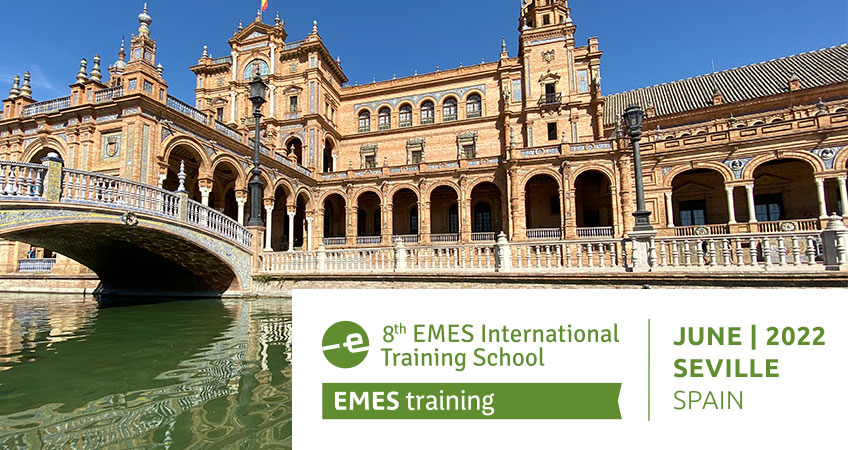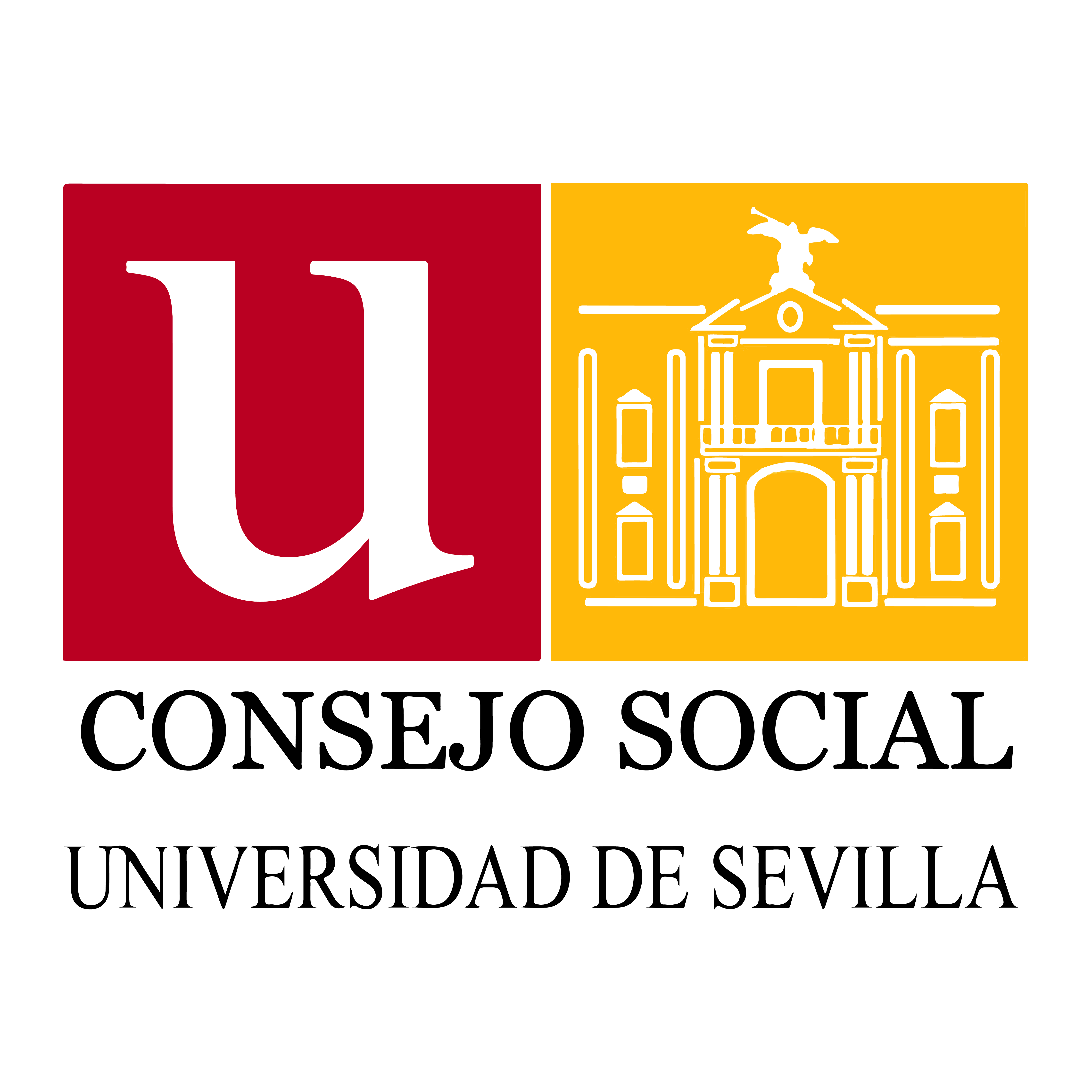The key role of social enterprises and the social and solidarity economy in post-pandemic societies
Rationale
The recent COVID-19 pandemic has very clearly shown the weaknesses of the current socioeconomic system, not only in emerging countries but also in developed countries, generating serious health problems among the world population as well as a growing inequality and poverty.
Some health systems have been overwhelmed, showing that they have many weaknesses and often a lack of resources to solve the population’s health problems (Androicenau, 2020). However, they have also been shown to be critical in their contribution to economic development, because only the best health-prepared countries have been affected to a lower extent (Nanda, 2020). On the other hand, the educational system has also been affected and not only by the interruption of the education processes of students, but also because the existing gap between those who have access to ICTs and those who do not has been revealed. Likewise, it has become clear how vulnerable older people, and the care system that is provided to them, are.
The COVID-19 mortality rate has been concentrated in this group of people. Moreover, many of them were housed in residences, which have, in some instances, not met minimum quality standards to avoid this high number of deaths (Gardner et al., 2020; Landes et al., 2020).
Finally, COVID-19 has affected other vulnerable groups and spheres of society: people living alone of all ages, immigrants and refugees, people with disabilities and women. The growing unemployment and the unequal possibility of teleworking (depending on the activity sector and the company) have contributed to a growing social inequality that has been only partially restrained and not with the same intensity in all countries (Nanda, 2020). Consequently, this situation has further increased the gap between developed and emerging countries, since the latter do not have the same financial, material and human resources to face the challenges caused by the COVID-19.
In this context, social enterprises and the social and solidarity economy (SSE) are playing a key role, as evidenced by their presence in many of the sectors mentioned here and by helping all of the most vulnerable social groups with the provision of their services (UNTFSS, 2020). This is demonstrated by some mappings of social initiatives that have been launched during the pandemic around the world addressing immediate needs of communities. This edition of the EMES training school will focus on exploring how (post-) pandemic societies will deal with new socio-economic and environmental challenges and, more precisely, the way in which social enterprises will contribute to finding viable and sustainable solutions that improve the lives of people.
EMES Training Schools
The 8th EMES International Training School (#8EMEStrainingschool) aims to reinforce knowledge about social entrepreneurship initiatives and their potential in a historical moment in which these initiatives are more necessary than ever for their contribution to solving social problems. There have been seven successful editions of the EMES Training Schools so far held at the University of Corsica (France) in 2008; Roskilde University (Denmark) in 2010, the University of Trento (Italy) in 2012; West University of Timișoara (Romania) in 2014; Glasgow Caledonian University in Glasgow (UK) in 2016; Aix-Marseille University in Aix-Provence (France) in 2018 and in a blended learning format led by University College Cork (Ireland) online in 2020 and face-to-face in Teruel in 2021. The eighth edition will be held at the University of Seville (Spain) in 20-23 June 2022.
Some 300 PhD candidates and early career researchers (ERC) from over 40 countries have participated in these unique learning events. ERC and PhDs constitute a central part of EMES as shown by the special membership category for PhD students, the seat reserved for PhD students in the EMES Board of Directors, and various concrete outputs. Some of these outputs include: the publication of a PhD Reader, the launching of an EMES PhD Student Network in 2008, the creation of the dedicated EMES Junior Experts Blog in 2011, the creation of an active Facebook group, and the EMES Alumni Network.
PhD students coming from different disciplinary backgrounds (such as sociology, management, economics, political sciences, and so on) whose research projects are connected to this field are welcome to apply for this summer school. Individual research projects can target SEs’ organizational level as well as the context in which these SEs are embedded (social, political, economic or cultural backgrounds).
EMES and the University of Seville (US) jointly organise the 8EMESschool aimed at researchers at early career levels, PhDs or completing Masters program who are attracted to conduct research in the wide fields of social entrepreneurship and social enterprise, social economy and solidarity economy (the “SE field”). With this training school, EMES and US aim to:
- Strengthen the training of PhD students by means of methodological and theoretical lectures, debates, and professional workshops;
- Emphasize the research design and methodology involved in any research project, specifically in a doctoral and early-career path;
- Provide personalised feedback and support via well-supported small group discussion sessions on participants’ research projects, their research questions, approaches and theoretical understandings; more precisely, in addition to various opportunities of informal discussion, at least a full hour will be devoted to every student’s research project within group sessions (for presentation by the student, feed-back by professors and their peers, discussion and synthesis of recommendations);
- Provide space for social and intellectual discussion so that doctoral students and ERC will have ample opportunity to establish and expand their own peer networks and benefit from contacts and feedback from established scholars;
- Encourage a broad and diverse range of participants, since exchanges with researchers from different countries, continents, cultures and academic disciplines can support stimulating and fertile reflections on research approaches.
Important dates
- Opening of application period: 17th January 2022
- Application submission deadline: 4th March 2022
- Results of the selection process: 18th March 2022
- Opening of registration platform: 1st April 2022
- Registration deadline: 13th May 2022
- Arrival of participants: 20th June 2022
Venue
All the academic activities of the International Training School will take place at the University of Seville (Facultad de Ciencias Económicas y Empresariales; Avda. Ramón y Cajal, 1; 41018 Seville, Spain). More information on how to reach the Training School venue will soon be published on www.emes.net.
Subscribe here to the EMES news alert to be kept abreast of updates.
Start sharing your news about the event using the hashtag #8EMEStrainingschool!
For more information, please contact Rocío Nogales (EMES) and Carmen Guzmán (US) at 8EMEStrainingschool@emes.net















